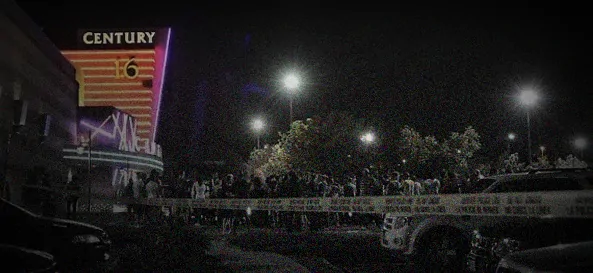Many of us wonder about our status before God. Does God love us? Does our love for God play into what it means to be accepted by God? Does God allow us to make our own choices—even to reject Christ’s love?
These questions often lead us to ask: Can a person lose their salvation?
Of course, two broad schools of thought emerge in theological discourse on this.
Calvinism
On one end of the spectrum are the 5.5-point Calvinists. (I’m not really sure what the extra .5 is all about.) Mark Driscoll—and basically most of the Gospel Coalition folks—uphold this view. This group of thinkers believes that God not only preordains all things—yep, every last event in world history—but that God ordains some to eternal life and some to eternal torment. They would contend that all people deserve eternal torment and that, therefore, God ordaining some for eternal life demonstrates His infinite mercy and wisdom.
Let’s be fair to this perspective. The individuals holding to it don’t believe evangelism is null and void (as many on the free will end of the spectrum often accuse). Rather, they believe that the truly elect will hear the message—through evangelistic efforts—and will awaken to their right standing before the Father. Evangelism matters here because we are viewed as God’s heralds used to summon sinners into their electness, and those who persistently refuse to believe the message must not be elect. (See the first two videos embedded in this column to learn more about this view from Mark Driscoll, the second of which describes the contrast between the two theological views fairly well.)
Free-Will Theists
On the other side of the spectrum are the free-will theists who believe human choice cooperates with the wooing of God toward salvation. In other words, we are lost in our sinful condition without Christ but, through God’s grace, we have been enabled to rise above our sinfulness to freely choose or reject Jesus Christ as Lord.
This camp (which I have always identified with, even in my more “conservative” days) holds that we can have absolute assurance of our standing with God through the process of sanctification. The more we know God, experience the Spirit, and follow Jesus, the more assurance we have that we are in fact “in Christ” and therefore part of the “elect.”
But, let’s add one more interesting twist to all this.
Many in the free-will group are convinced that the way we’ve appropriated the words “elect,” “predestined” and all the attendant others used in this debate have been filtered through an individualistic lens. In other words, the more I read the New Testament through the lens of “community,” the more I come to think the “elect” is synonymous with “the people of God.” The Church is the elect of God! Individuals are invited to join in that “elect-ness” that indeed was “predestined.”
Think about it. God always knew that He would “elect” a special people. It started with Abraham, Isaac, Jacob, and Moses and traveled all the way through time to Jesus Himself—and then moved into the body of Jesus, the Church. In this view, you are not elect;we are the elect.
In the free-will theist’s view, an individual can choose to remove him or herself from amongst the elect (people of God) by choosing the broad road of destruction and their blatant refusal to follow and even believe in Jesus. We need enough humility to not “guess” who those “unsaved” people are because God’s grace and wisdom transcend our categories. (See the last two videos embedded in this column to learn the free-will theists position from Greg Boyd, with Paul Eddy.)
Some people settle this matter by claiming that both perspectives are taught in the Bible—therefore, the truth lies somewhere in the middle. Personally, such an approach doesn’t satisfy what I see in the Scriptures. Certainly there are “problem texts” for both Calvinists and free-will theists. Additionally, we need the humility to admit that we will never know the full truth this side of God’s renewed creation.
With that stated, to live in the middle might serve as a copout from having to wrestle deeply with the biblical story and the God who is portrayed there within.
Ultimately, I believe that God grants humanity absolute freedom to embrace or disgrace the opportunity for union with the divine. You may disagree. We all belong at the same table, breaking the bread and drinking the wine that serves as a signpost of our shared salvation to come when our Lord returns. What we believe about the details must always be trumped by our common hope in resurrection.






















